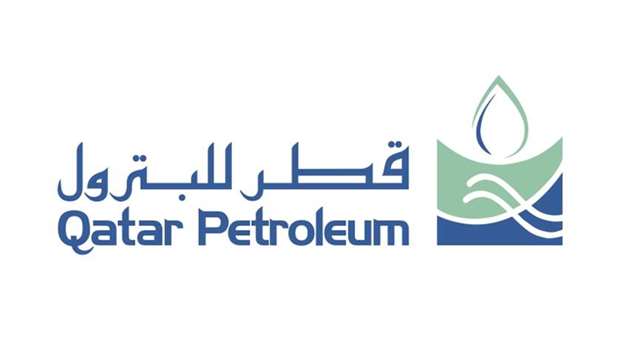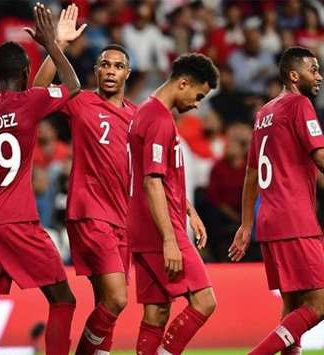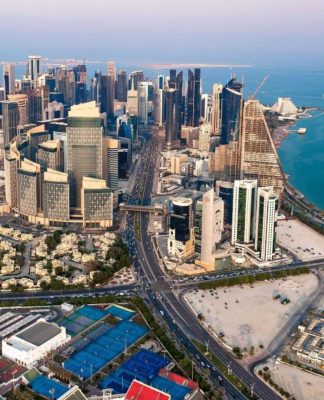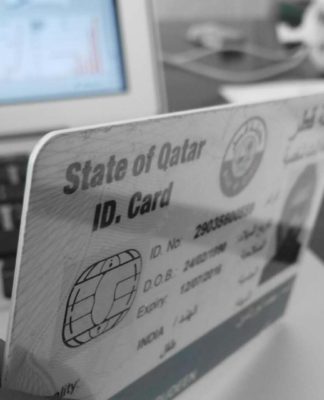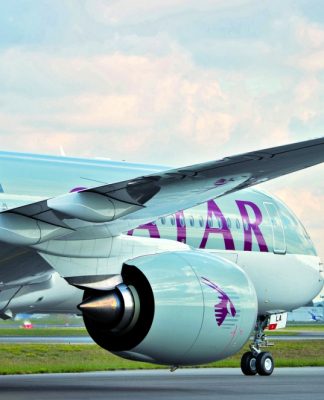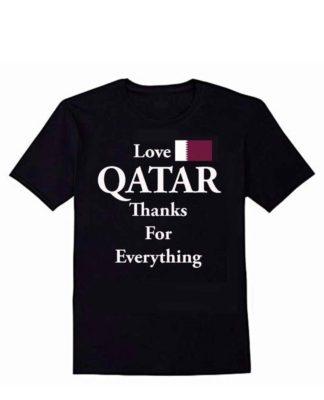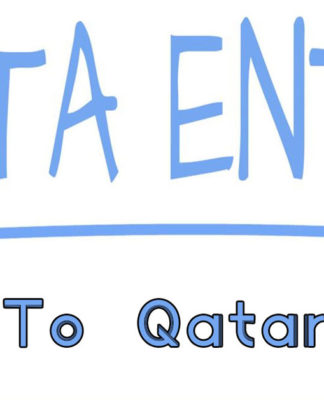Gulf International Forum Report
A report by the Gulf International Forum indicated that the State of Qatar is one of the main axes in the new energy structure in the European Union in light of Europe’s efforts to get rid of the heavy dependence on Russian energy after the war on Ukraine. Pointing out that in dealing with Qatar, the European Union will need to move away from its dependence on short-term gas contracts, especially since Doha is characterized by its commitment and ability to maintain its energy relations with its partners. The report highlighted that the final solution to the “energy dilemma” in the European Union does not depend entirely on the current energy deal between Germany and Qatar, and other steps must be taken to secure supplies and open new markets.
energy security
Following the Russian invasion of Ukraine on February 24, the world’s largest economies collectively imposed several rounds of economic sanctions against Russia, the report said. In addition to other sectors of the Russian economy, the energy sector may soon become a target of the sanctions regime. While the United States has already imposed a ban on oil and gas imports from Russian energy, the situation in the European Union is more complex. However, awareness among the EU leadership and its member states about the dangers of continued dependence on Russian energy has grown significantly, with some EU members publicly calling for the severance of all energy-related ties.
At this juncture, it is important to understand that the EU’s next steps in the future – and perhaps inevitable, given Russia’s negative actions – realignment of its energy security architecture will be closely linked to the position of the EU’s largest economy. Energy with Russia – which accounts for two-thirds of its gas demand – is not an option at the moment. However, given the growing awareness of Eastern Europe’s security challenges and Germany’s quest for EU leadership, its continued current dependence on Moscow’s oil and gas exports is also an unacceptable approach.
After decades of heavy reliance on Soviet (and later Russian) non-renewable energy, recent events in Ukraine appear to have had a sobering effect on the German political leadership, which has openly acknowledged the need to drastically reduce its imports of Russian energy. In action, Chancellor Olaf Schultz has announced plans to build two LNG import terminals even though they obviously cannot be completed immediately. Completion may be accelerated by economic and technological cooperation with the Dutch state-owned energy company Gasunie, however, no concrete plans on the matter have been announced at the moment. However, the lack of suppliers who can immediately replace Russian oil and natural gas in the European energy market presents a more difficult challenge for both Germany and the EU. Part of the solution could be the recently announced European Union and the United States. “Energy Alliance” aimed at replacing Russian energy with US imports. Reportedly, increased cooperation between the two sides could supply the EU with an additional 15 billion cubic meters of LNG in 2022. However, this will not be enough to replace Russia’s exports to the EU of 155 billion cubic meters in 2021.
However, this promising consortium is not the answer to the main problem: LNG produced in the United States alone is unlikely to meet the European Union’s energy needs. To achieve its main objective – reducing and eventually exiting Russia’s energy dependence – the EU must consider other LNG producers. In this role, Qatar must become one of the main hubs in the EU’s new energy architecture.
Doha’s role
The Forum report stated that an important step in this direction was taken on March 20, when the German Minister of Economic Affairs Robert Habeck, accompanied by representatives of large German companies, met, during his visit to Qatar, His Highness Sheikh Tamim bin Hamad Al Thani, the Emir of the country and His Excellency Eng. Saad Bin Sherida Al Kaabi, Minister of State for Energy Affairs During the meeting, it was reported that Germany had secured a long-term LNG deal with Qatar. As Habeck said after the meeting, “The good news is that gas will be available. Now it is up to companies to sign contracts.” Although this statement should reassure observers that energy relations between Germany and Qatar will at least partially substitute for Russian imports, the question The main one to address is:
The answer, unfortunately, is not clear at the moment. What is certain is that Qatar’s growing role in EU energy markets cannot cover all of Europe’s needs and Al Kaabi acknowledged this, acknowledging in February that neither Qatar nor the United States can hope to completely replace Russian exports to Europe. “Russia provides 30-40% of supplies to Europe,” Al-Kaabi said. “No single country can replace this kind of scale.”
Dealing with Qatari gas
The report laid out an important set of conditions for dealing with Doha in the energy field: First, in dealing with Qatar, the EU would need to move away from its dependence on short-term gas contracts. Doha relies almost entirely on long-term contracts, which provide stability and predictability in its energy relations with the rest of the world. This stability has allowed Doha to invest $28 billion in its North Field, and has already announced its willingness to increase gas production by more than 60 percent in the next four years. However, Qatar will be reluctant to commit to a radical expansion of trade relations with Europeans in the energy field if reliable and consistent demand cannot be guaranteed.
Second, the EU will have to make the most of its diplomatic skills in establishing contacts with resource-rich countries such as Iran, which has the world’s second largest natural gas reserves, and Venezuela, which has the largest oil deposits. Relations with Tehran and Caracas will undoubtedly contradict the EU’s values-based approach to foreign policy. Moreover, if the EU is interested in increasing its energy imports from Algeria, the world’s sixth largest gas exporter, European diplomats should make important contacts. In general, increasing trade relations with sub-Saharan African countries – including Tanzania, Nigeria and Mozambique – could help the EU partially solve its energy challenges.
Third, the EU will have to intensify talks with Australia, one of the world’s major energy producers and the second leader in LNG. Fortunately, Canberra has already announced its willingness to increase its exports to Europe in place of Russian supplies, and lacks many of the long-term contracts holding Qatar back.
In the final analysis, it must be said that while Qatar can – and probably will, given the EU’s precarious position on energy security and a worsening rift with Russia – become a major factor in the bloc’s exit from its increasingly dangerous dependence on Russia, it cannot do so. Not alone or overnight. Therefore, the final solution to the EU’s “energy dilemma” does not depend entirely on the current energy deal between Germany and Qatar; Other steps must be taken to secure its supply. European diplomats, legislators, and energy managers have a long way to go to achieve energy stability.














